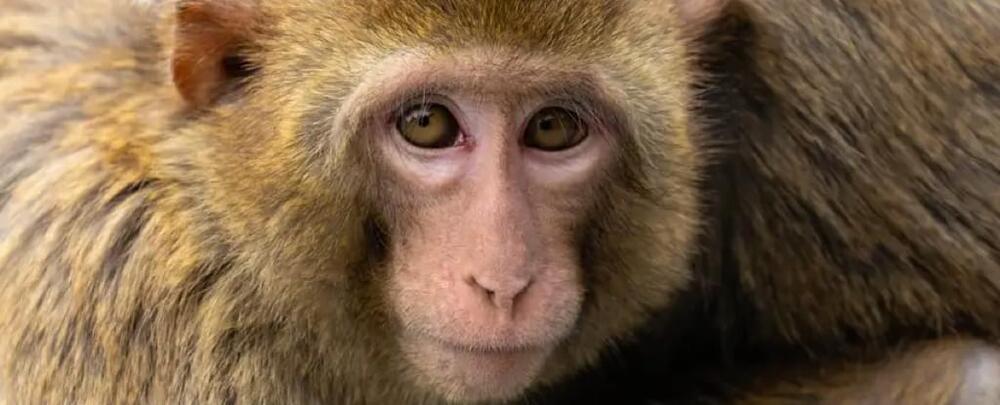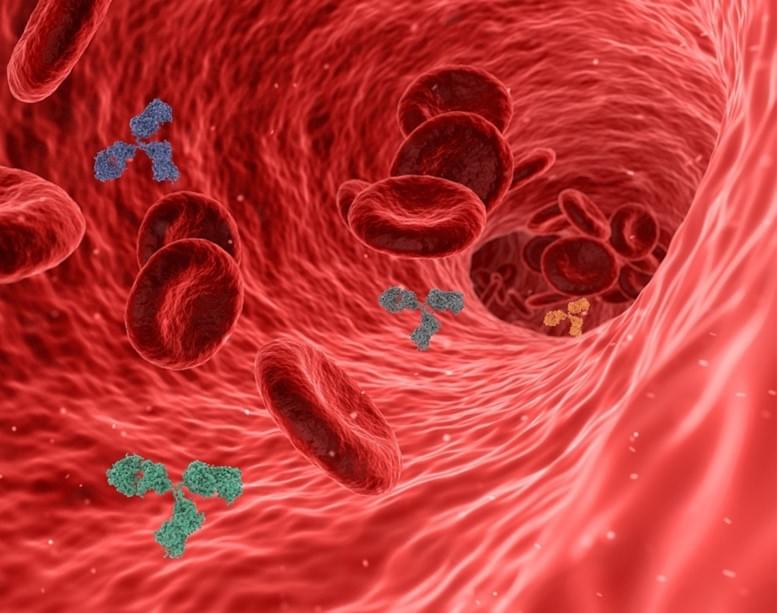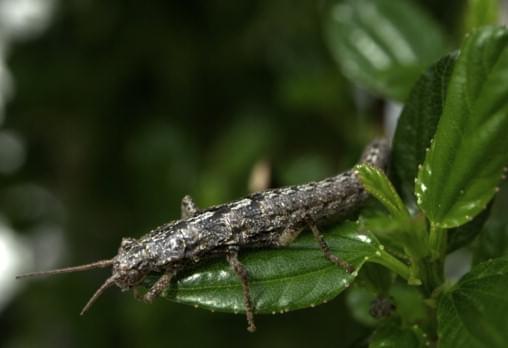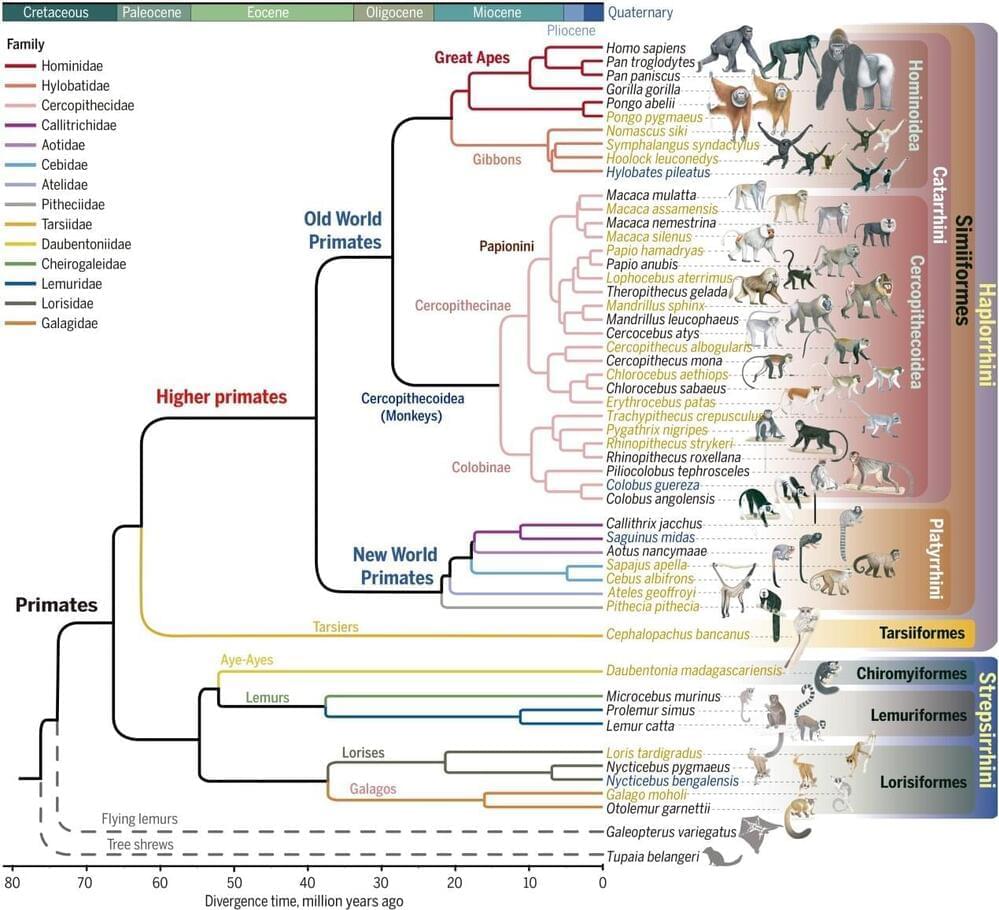Exhaled breath VOCs showed variations in concentration associated with the different clips, even though the relative change was less distinguishable compared to the genital response (Fig. 3). For female participants, breath levels of CO2 and isoprene during the sex clip were significantly lower compared to the anxiety and sport clips (p 0.05, Table S2). For male participants, CO2, C2H4O2 and C6H6O were found to have a significantly lower, higher and higher breath level, respectively, for the sex clip comparing to the other two clips (p 0.05, Table S2). The relative change of CO2 during the sex clip was in general only 3–4% lower than that during the anxiety and sport clips but was significant for both genders (p 0.05). The minute-by-minute box plot (Fig. 2c) also shows that breath CO2 appears to lower slightly in concentration for both genders during the sex clip. Isoprene was significantly decreased during the sex clip compared to the sport clip for both genders (males:13%, females:15%, p ≤ 0.001). For women during the sex clip, the isoprene also had a significantly lower level compared to the anxiety clip (12%, p 0.01). For the 1-min data distribution shown in Fig. 2d, participants showed not only elevated isoprene concentration during the sport and anxiety clips but also larger variations among each other reflected by the length of the box representing 25–75% data distribution. Interestingly, isoprene level peaked at the beginning of the sex clip (the second minute) for both genders.
From Fig. 3, it can be seen that several other measured VOCs, C10 H14 O, C7H8O, C8H11 NO2 and acetaldehyde for female participants, and C8H7N for male participants showed large relative changes during the sex clip compared to the anxiety clip and the sport clip. However, no significant difference was identified between the sex clip and the other two clips (Table S2) for these VOCs, indicating the mean values were largely affected by outliers. In such cases, the VOCs identified as having a distinguishable change during the sex clip might be specific to an individual rather than being representative of the whole group of participants. Among the female participants, one subject (No. 39) had substantial elevation of C10 H14 O, C7H8O, C8H11 NO2 in her breath starting in the end of the sport clip until the end of the sex clip, which caused a significant deviation in terms of the mean values. While for acetaldehyde, subject No. 20 had a much higher relative increase compared to the first neutral clip in her breath than other participants, affecting the mean values. For male participants, two persons with a strong physiological response (No. 6 and 10) had substantial elevated breath levels of C8H7N, C6H6O and C7H8O during the sex clip.
Among all participants, several VOCs showed change according to the genital response of certain individual participants (1 female and 2 male participants). Although the data from those participants were considered as outliers in the previous section, as there were no experimental errors identified and the breath-genital related change occurred in different clip playing order, it is unlikely that those outliers coincidentally followed the genital response pattern. Furthermore, genital response and genital temperature data was rated highly in terms of quality for those individuals. Therefore, we may use these individuals to characterize the breath marker responses for each gender in real time.






